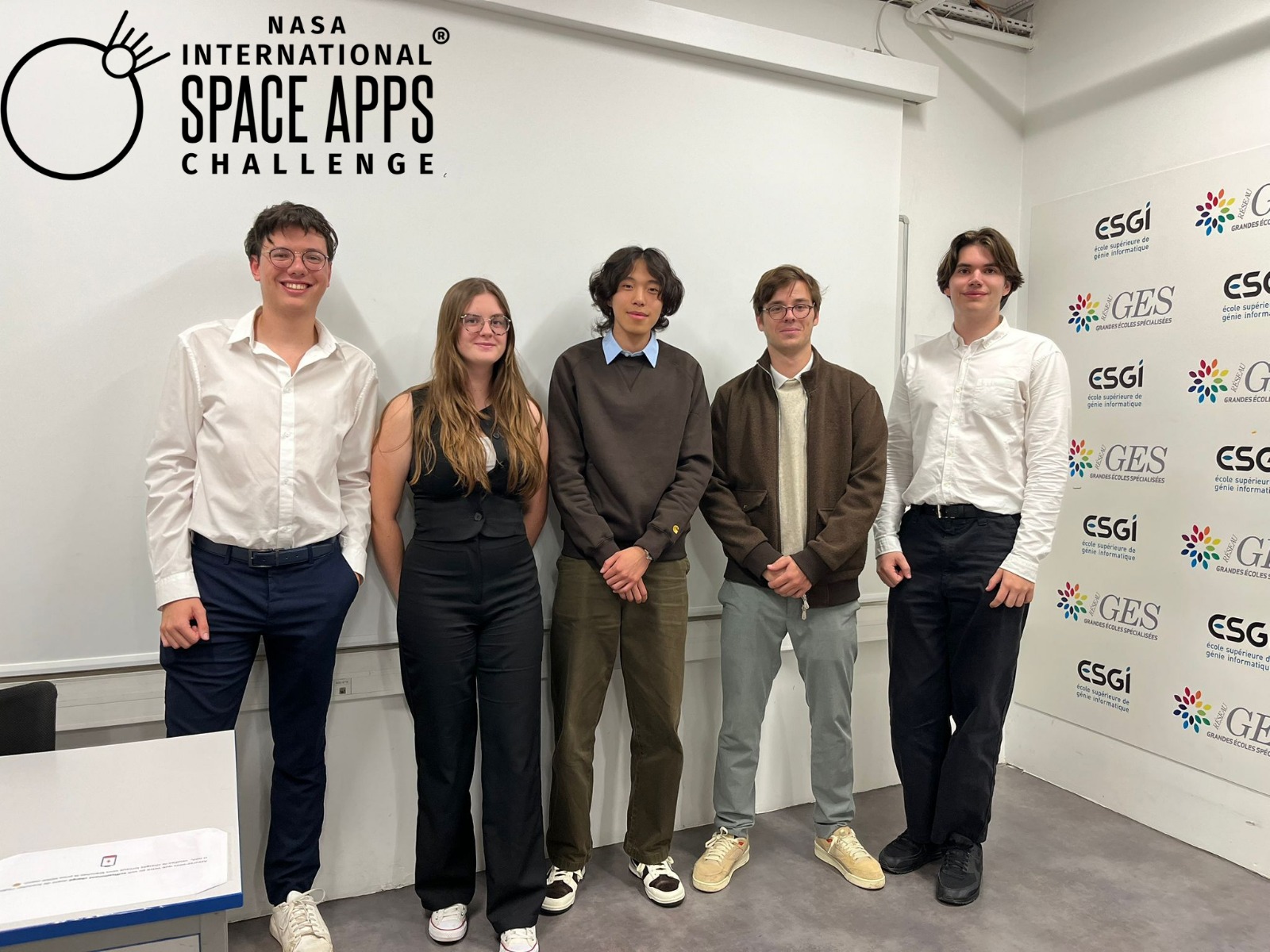
Five students from Télécom SudParis win NASA Space Apps Challenge
They're only in their second year. However, Laura Ehrentrant, Alexandre Decavele, Alexandre Kok, Jérémy Doumeng and Nicolas Néble have just taken first place in France in the NASA Space Apps Challenge 2025. Competing against more than 110 participants, including data science and AI professionals already in the field, these five members of the KRYPTOSPHERE association won NEXUS, their project combining artificial intelligence and space exploration.
The NASA Space Apps Challenge is one of the biggest international hackathons dedicated to space. Held simultaneously in over 300 cities around the world, each year it brings together thousands of participants to tackle challenges put forward by the US space agency. The Paris edition took place from October 4 to 6 at ESGI, near Paris. For 48 hours in a row, teams had to design an original project to address a problem related to space exploration.
48 hours to design an exoplanet-detecting AI
The Télécom SudParis team tackled a major challenge: to create an artificial intelligence capable of automatically detecting exoplanets using data collected by the Kepler, TESS and Hubble space telescopes. These instruments measure the luminosity of stars to detect any decrease in intensity, a sign that a planet is passing in front of its star.
" Overall, the idea behind NEXUS is to use a NASA database to predict whether or not an observation corresponds to an exoplanet," explains Nicolas Néble.
92.6% accuracy with Ensemble Learning
To achieve this, the students developed an Ensemble Learning model, an approach that combines several machine learning and deep learning techniques.
" We have used different architectures - XGBoost, neural networks and other models - whose predictions are then combined by a final model. This results in better performance than any single model, " explains Alexandre Decavele.
The result: NEXUS achieves 92.6% accuracy in detecting planetary transit signals.
But the project doesn't stop there. The team also designed an interactive web application enabling the general public to explore exoplanets already detected and submit their own observations. This intuitive, modern interface won over the jury.
"We've learned to adapt our approach
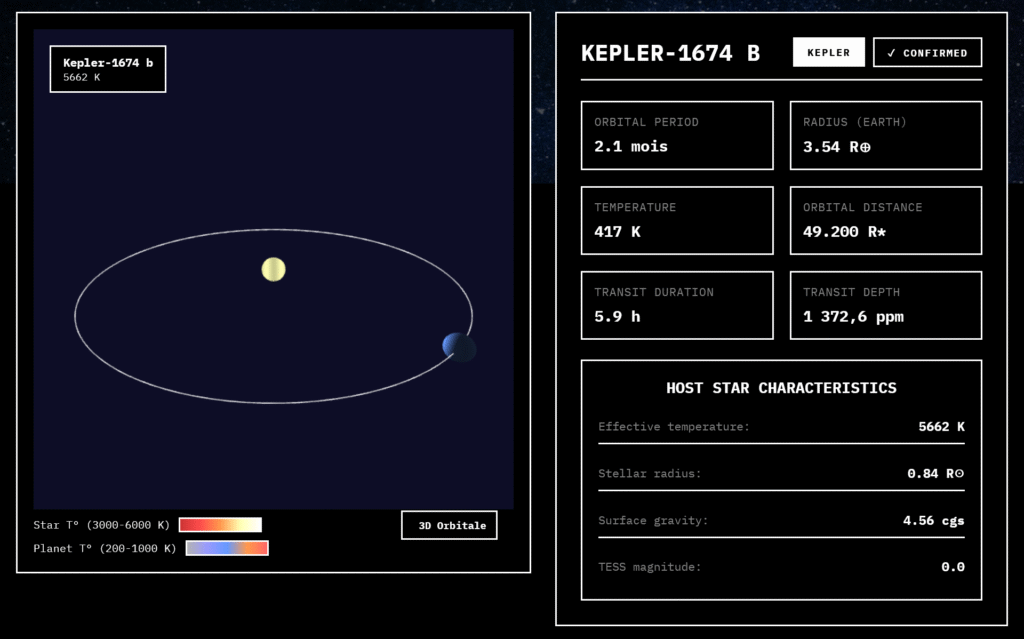
The secret of their success?Meticulous organization . During the week-end, Alexandre Decavele and Alexandre Kok concentrated on designing and training the AI models , while Jérémy Doumeng developed the web application and integrated the model. Laura Ehrentrant and Nicolas Néble worked on the presentation and final pitch, a decisive five-minute exercise in front of the jury. " We were constantly communicating to make sure everything was coherent. Even though everyone had their own specialty, everyone knew what the others were doing," says Laura Ehrentrant.
Beyond the technical performance, it was the quality of the presentation and the scientific popularization that made the difference. " Our presentation was clear, fluid and punchy. We managed to explain our approach in an understandable way, even for a non-expert audience ", explains Nicolas Néble.
The jury, made up of both AI specialists and members from other fields, particularly appreciated this ability to reconcile scientific rigor and accessibility.
" Thanks to our experience in artificial intelligence training at KRYPTOSPHERE, we've learned to adapt our discourse to different audiences," points out Alexandre Decavele, head of AI training at the association.
It's a great source of pride tohave won this hackathon against established professionals," admits Nicolas Néble. We're showing that at Télécom SudParis, students can compete with experts in the field. "
This Parisian victory means that NEXUS can now compete on a global scale. The project is currently being evaluated by an international NASA jury of engineers, researchers and AI experts. The results will be announced in November 2025.
" We know that the international competition is highly competitive, with teams from Egypt and the United States often winning awards. But if France won a prize this year, it would be a first! " enthuses Nicolas Néble.
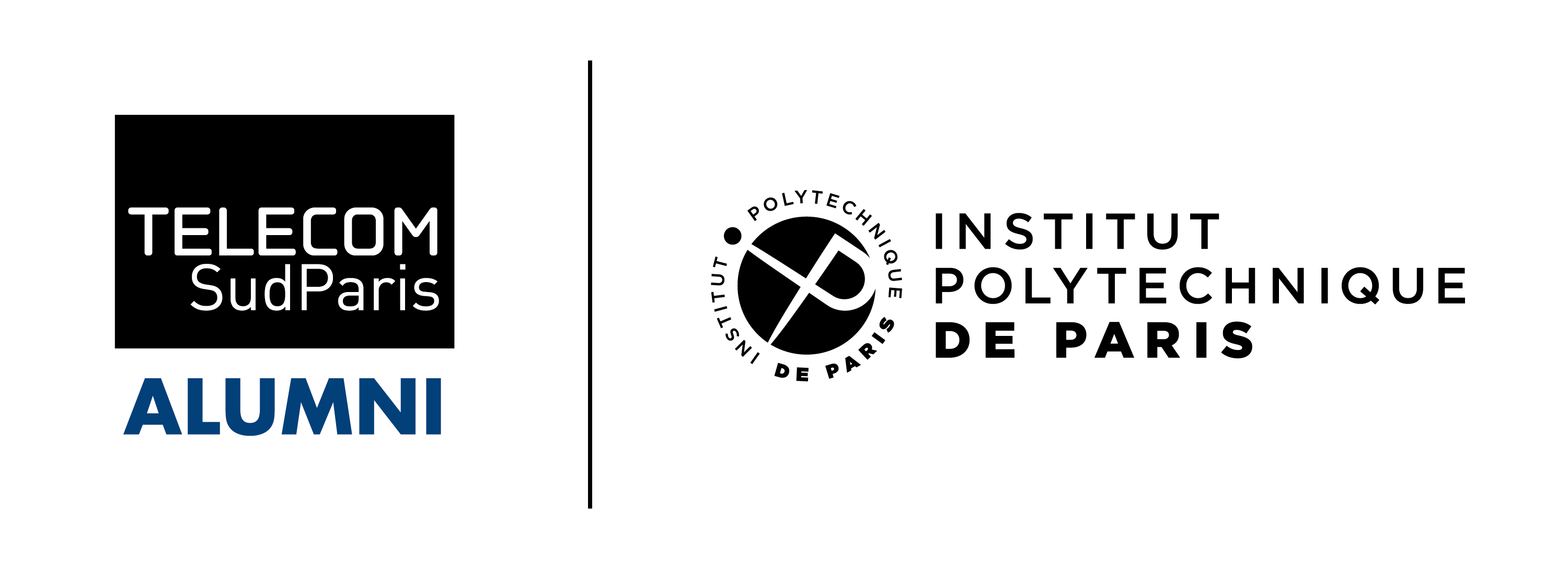

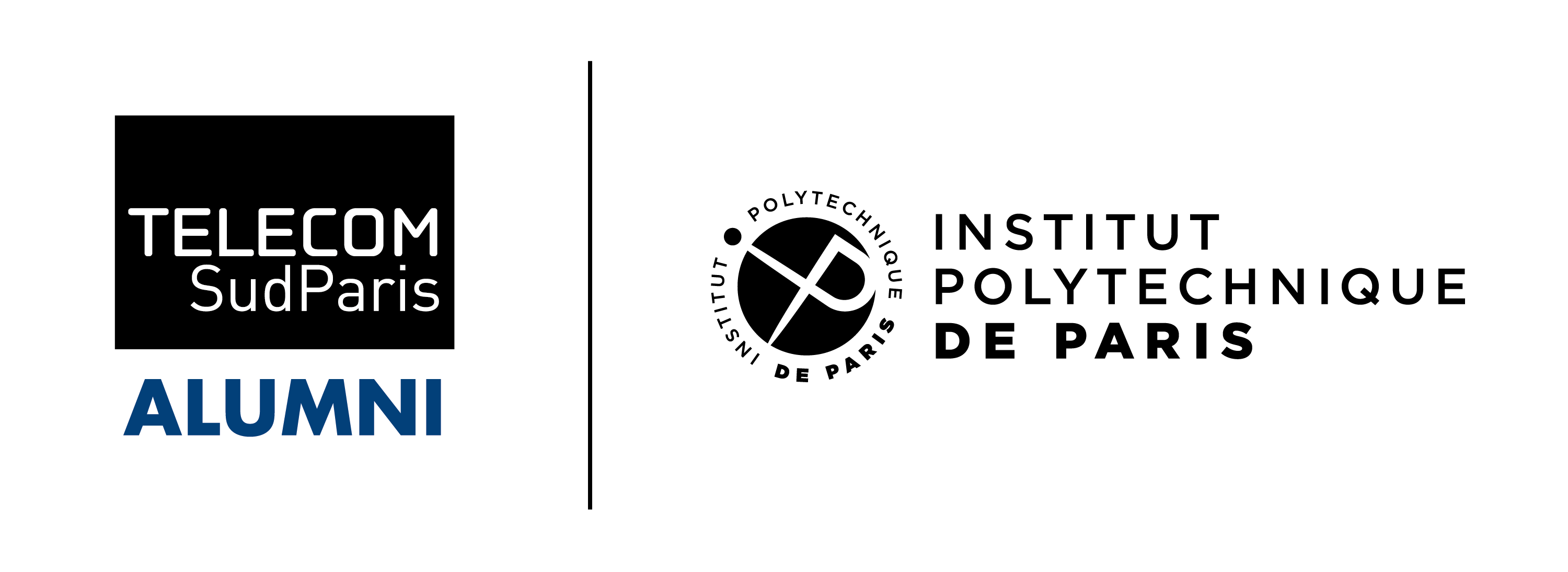
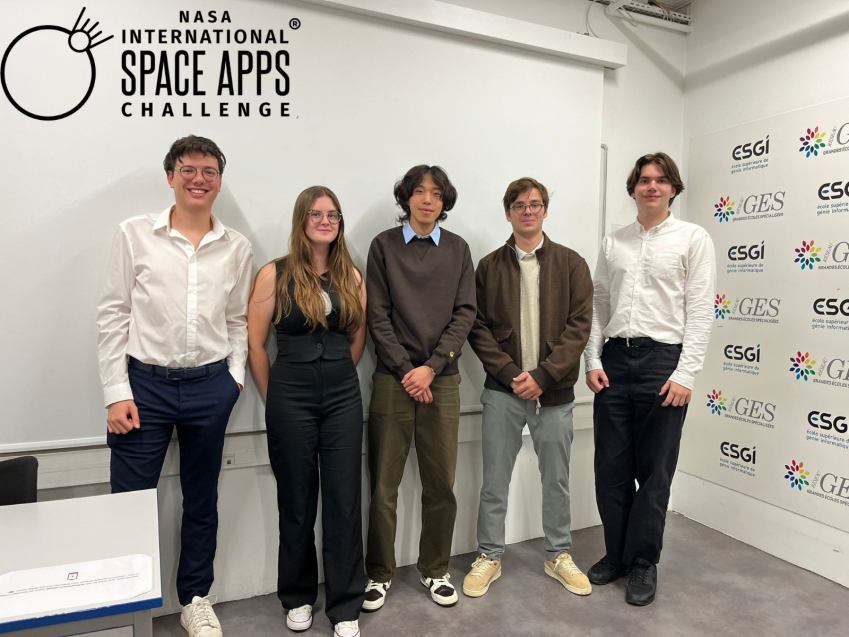






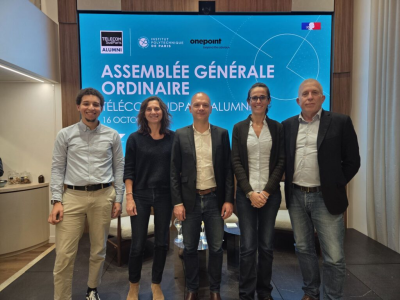

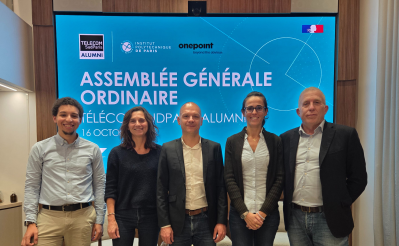
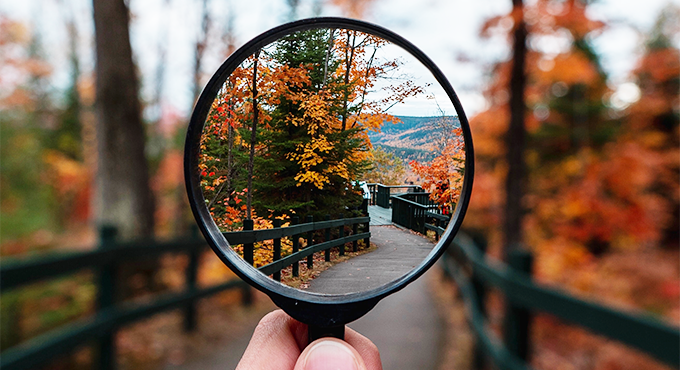
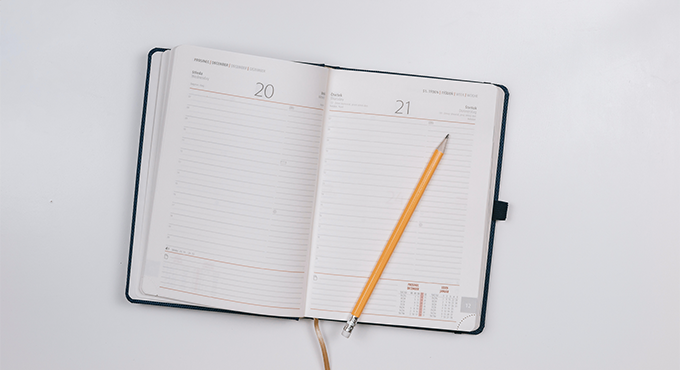
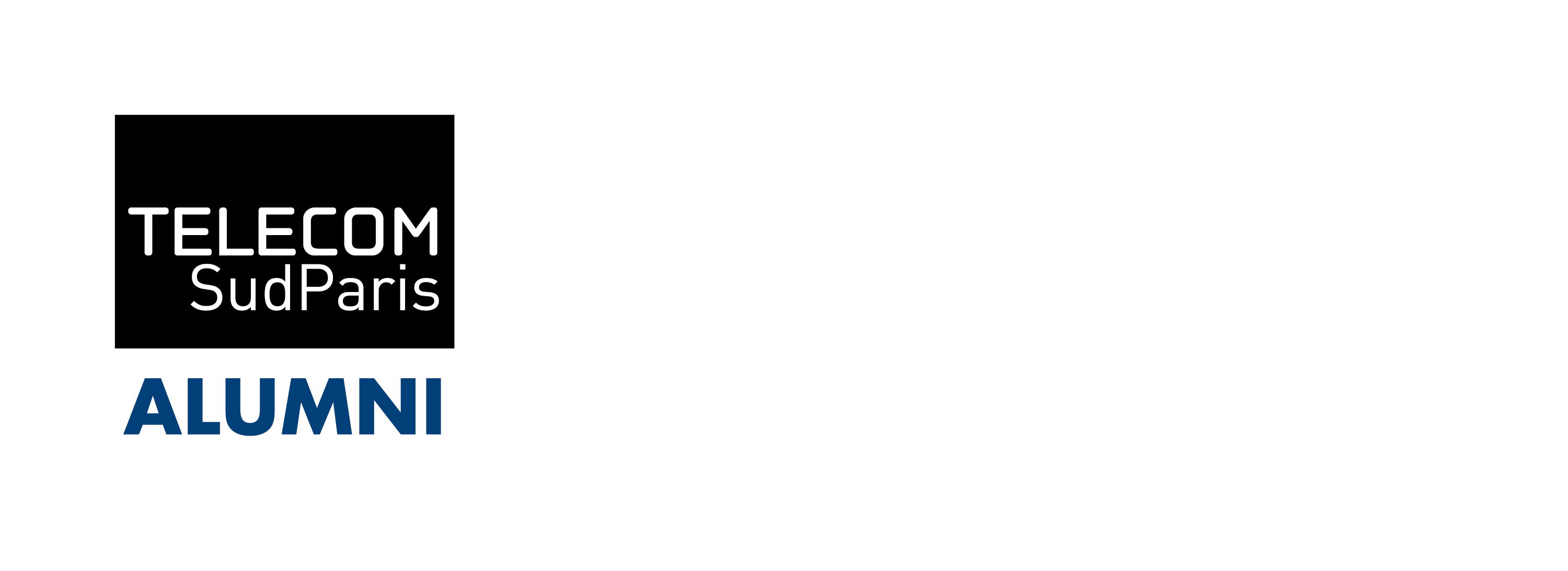
No comment
Log in to post comment. Log in.